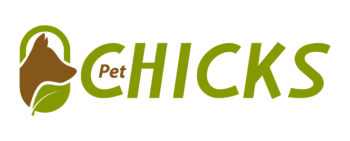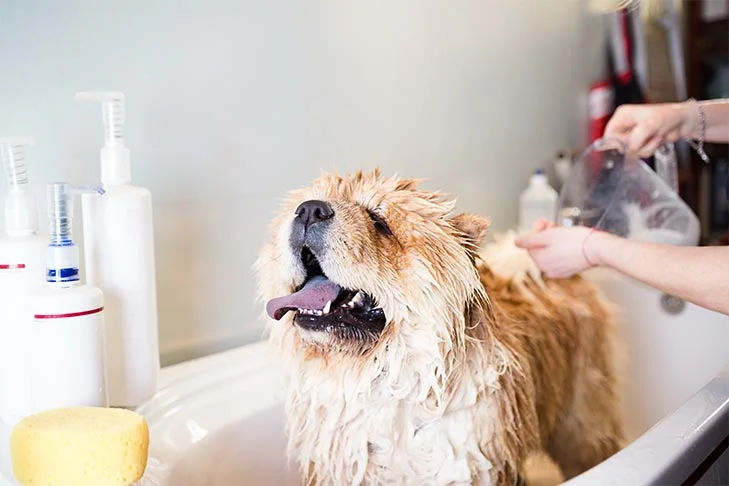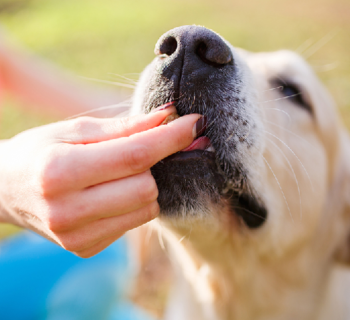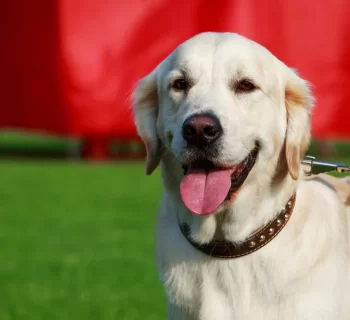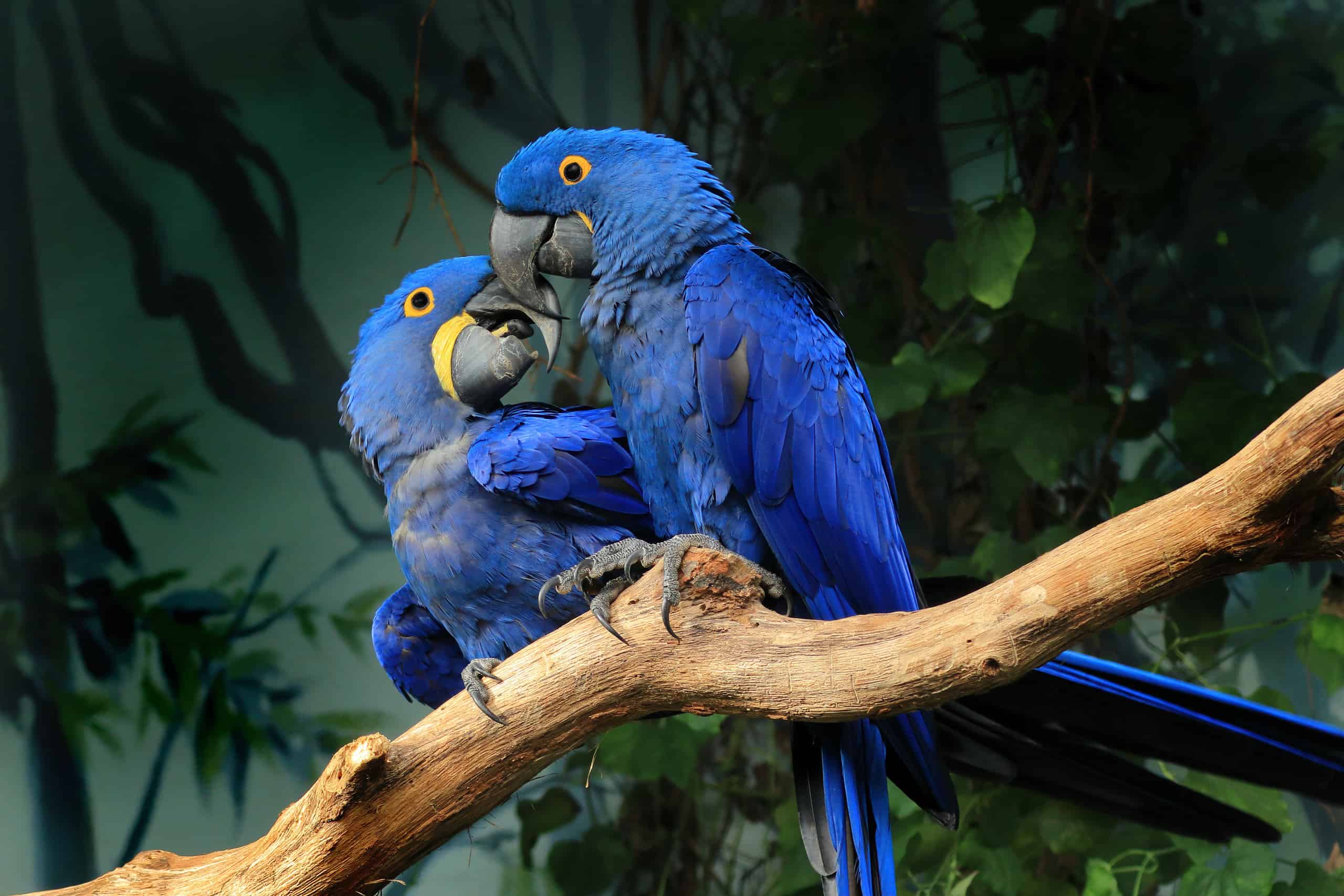Healthy meals are beneficial for dogs of all ages, but especially for younger and older dogs. The vast majority of people who own dogs already know that their puppies need a specialized diet intended to promote healthy growth. A lot of dog owners, on the other hand, are still determining whether or not they should switch their puppies to adult food as soon as possible. This is because no guidelines apply consistently to all dogs of this species. A dog's pace of maturation could be somewhat variable.
You and your dog's veterinarian will be able to identify the best time to start feeding your puppy the new food by working together. Brain Training for Dogs Review provides the knowledge to calculate the right things at the right time for the right breed.
Young canines, often younger than one-year-old, are referred to as puppies. However, different breeds experience the effects of aging at different speeds. Because of this, many enormous and giant breed dogs, for example, don't cease being called puppies until they are two or more years old; thus, they will need to continue eating puppy food long after they have reached their first birthday. On the other side, several breeds of toy dogs reach their full maturity at an early age.
Assessing Your Dog's Weight
- Keep in mind that putting on muscle may or may not indicate growth. Putting on weight without increasing height or muscle mass is a probable sign that your dog is becoming overweight. Here are some easy things you can do to maintain your dog's health at home:
- Run your hands along your dog's ribcage to check for tender spots. The ribs need to be palpable through the little coating of fat that may or may not be present. If you can't quickly feel the ribs, your dog may be overweight.
- Look at your dog from an angle. You should be able to observe an upward tuck in the stomach area. When a dog is overweight, that telltale tuck disappears or at least diminishes significantly.
- Look down on your dog and take in their good looks. The ribcage to the hip line of an overweight dog will be straight or rounded.
- Your dog may be underweight if it has prominent ribs and a thin waist. Verify by having a vet examine them.
If your dog is less than a year old and seems to be gaining weight, you may reduce the number of his meals or the number of times he eats per day before switching to an adult diet. This is crucial if your dog has a history of weight-related health issues. Veterinarians advise that pups under a year old be fed three times daily. However, most puppies may reduce their food intake to once daily as they approach maturity.
Conclusion
It is essential during this period to provide adequate nourishment for your dog's growing requirements, and "growth" foods for puppies are essential since they have higher calorie and protein content. However, between the ages of six and twelve months, your puppy's requirements will change.
At this point in his growth, most vets will advise you to transition your puppy over to adult food because of his increasing size. At this point, you can switch your dog over to adult dog food.
